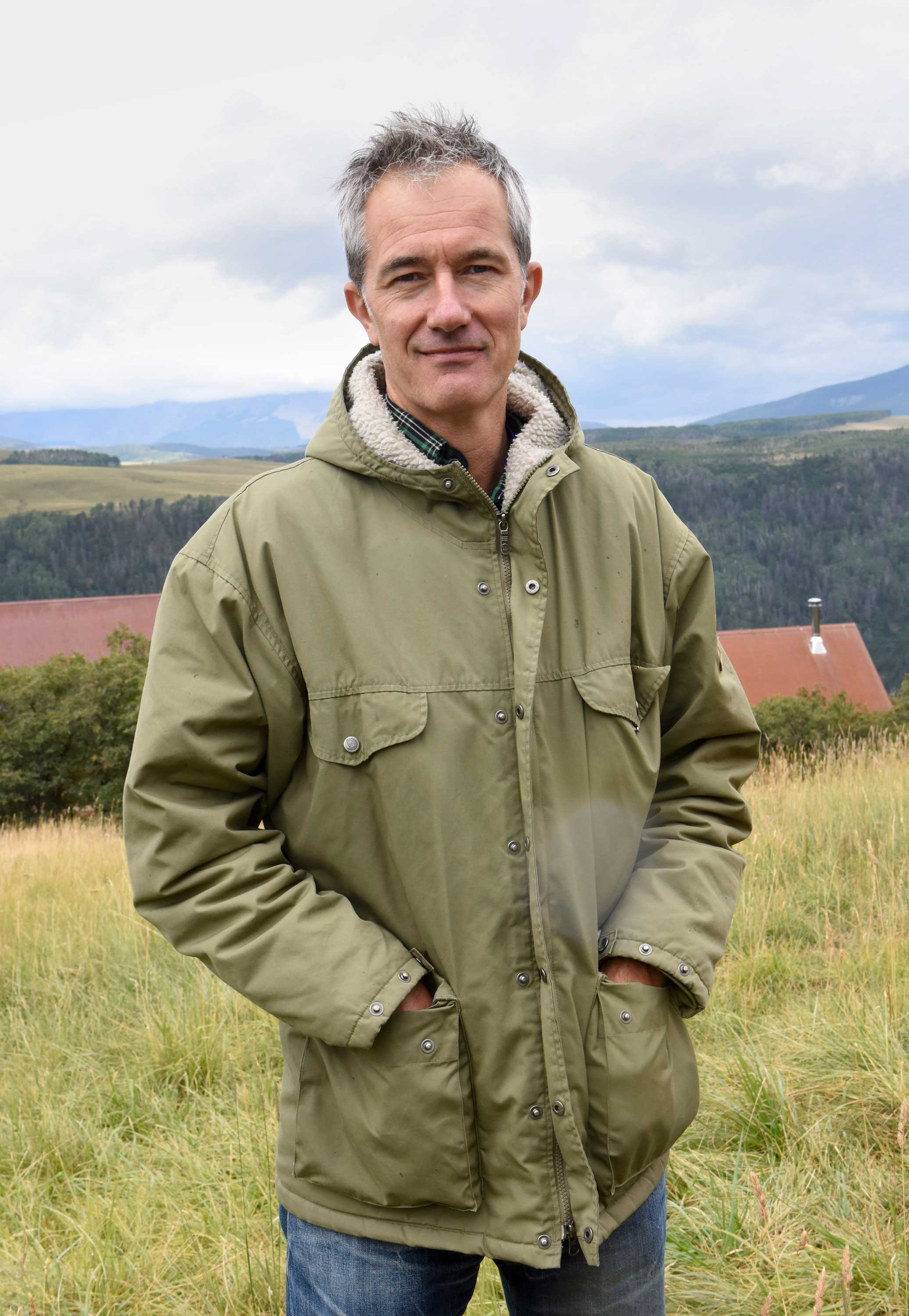
Geoff Dyer is often bored; in fact he’s surpassingly eloquent on the subject of his own boredom. He’s bored following the footsteps of Paul Gauguin in Polynesia. He’s bored amid the splendors of Beijing’s Forbidden City: “Jeez, it went on forever, and every bit looked exactly the same as every other bit.” He’s beyond bored in the remote Norwegian town of Longyearbyen, where he’s gone in search of the northern lights: “It was like a lifetime of disappointment compressed into less than a week, which actually felt like it had lasted the best–in the sense of worst–part of a lifetime.”
His zealous frankness about his boredom is, ironically, one of the things that makes Dyer himself never boring. As you read you actually catch yourself thinking, If only Geoff Dyer had a Geoff Dyer to describe this to him, he wouldn’t be so bored. Unfortunately for him, there’s no other writer quite like him.
Dyer’s oeuvre sprawls languorously across several genres, including novels, personal essays and criticism. His new book, White Sands, subtitled Experiences From the Outside World, is a collection of his travel writing, though the real thread that runs through it is painful honesty. For example, he leaves his biography of Gauguin on the plane to Polynesia. He is, as a result, not overburdened with knowledge about Gauguin, nor with respect for him–he notes Gauguin’s fondness for painting “Tahitian babes who were young and sexy and ate fruit and looked like they were always happy to go to bed with a syphilitic old lech whose legs were covered in weeping eczema.” Dyer has a marvelous way of bringing foreign metaphors into unexpected places, like the seeds of invader species clinging to his boots, as in his description of a squat Tahitian idol “as rooted to the spot as a Bulgarian weight-lifter about to attempt a record-breaking clean and jerk.”
Not much happens to Dyer; probably the most dramatic moments in White Sands are his attempt at dogsledding (he falls off), an attempted hookup with his Forbidden City guide (no spoilers) and, in the title essay, his acquisition of a sinister hitchhiker in New Mexico (ditto). The real action is in the lively intercourse between Dyer’s mind and the outside world. “‘Polynesia’ translates as ‘many islands,'” he writes, “all of which you wish you were on instead of the one you actually are on.” An essential part of travel is the inevitable sense that wherever you’ve gotten to isn’t quite what you hoped it would be–just as you yourself are never, not completely, the traveler you thought you would be.
–LEV GROSSMAN
More Must-Reads from TIME
- Cybersecurity Experts Are Sounding the Alarm on DOGE
- Meet the 2025 Women of the Year
- The Harsh Truth About Disability Inclusion
- Why Do More Young Adults Have Cancer?
- Colman Domingo Leads With Radical Love
- How to Get Better at Doing Things Alone
- Michelle Zauner Stares Down the Darkness
Contact us at letters@time.com